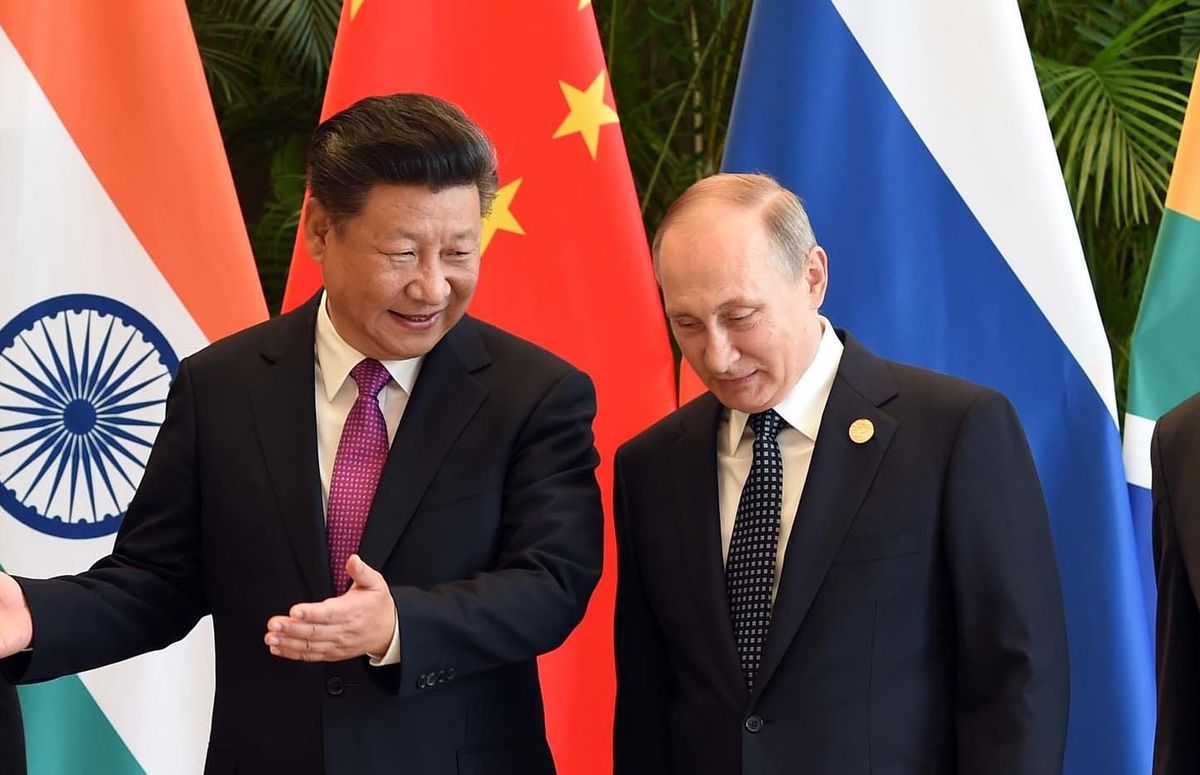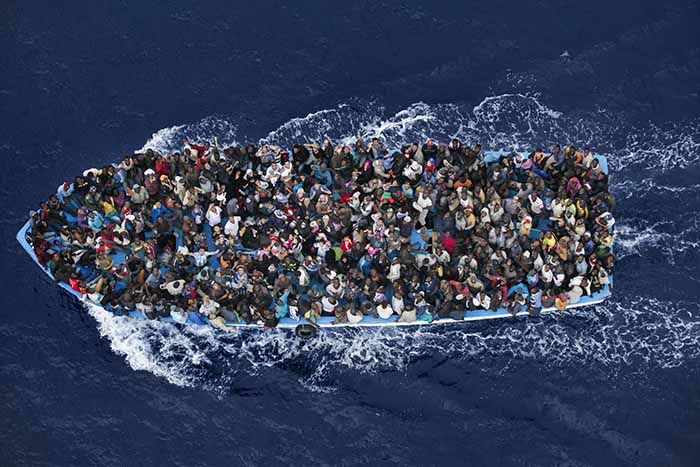The Aftermath of Russia's Invasion of Ukraine: China's Reluctance and the World's Response
Russia's invasion of Ukraine has sparked global condemnation and geopolitical tensions. See how China and the world are responding and what it means for the future

Global Reactions
to the Russian invasion of Ukraine
One of the most momentous international events in recent memory is the Russian invasion of Ukraine in 2022. The dispute has attracted attention from all across the world, and numerous nations and organisations have reacted in various ways. We shall examine China's response to the crisis as well as that of the rest of the globe, outside of the West, in this blog. We will look at how various nations and organisations have responded, giving instances of how they have impacted the issue. We will also look at the ramifications of these responses and what they might portend for future global relations. The Russian invasion of Ukraine is a key demonstration of the precarious balance global relations finds itself in.
China's response
The "strategic cooperation" between China and Russia has been dubbed as having strengthened in recent years as a result of their common hostility to US global power. Although having a close relationship with Ukraine, China has adopted a more cautious stance towards the conflict, reflecting its policy of not meddling in the internal affairs of other nations.

A peaceful resolution to the situation was underlined in China's official statement after the invasion, which urged all sides to "resolve their differences through communication and consultation, and to avoid acts that may aggravate tensions". China also reaffirmed its support for the territorial integrity and sovereignty of Russia while voicing worry for the security and well-being of ethnic Chinese residents in Ukraine.
China's approach to the war has also been impacted by its diplomatic and economic relations to Russia and Ukraine. China's top oil supplier is Russia, and China has made significant investments in both the Russian energy industry and international infrastructure collaborations like the Belt and Road Initiative. China has made significant investments in Ukrainian ports and rail networks, making Ukraine a crucial transit nation for its exports to Europe.
In light of these connections, China has taken care to remain neutral in the dispute. China, a non-Western state, has underlined the need for a multipolar world order and called for growing countries like China and Russia to have a larger role in global governance. Moreover, China has emphasised the value of refraining from meddling in the internal affairs of other nations and has criticised Western nations for what it sees as their perceived interference in the affairs of other nations.
Global Response
Widespread international coverage of the Russian invasion of Ukraine has prompted a range of responses from nations in diverse geographic areas. Some have adopted a more neutral approach or refrained from commenting on the issue, while some have voiced their support for Ukraine and denounced Russia's actions.
In spite of many Central Asian nations having strong economic ties with Russia, concern has been expressed about the situation. Kazakhstan has urged for a peaceful resolution and offered to mediate the dispute.
Iran and Turkey are two Middle Eastern nations that have also expressed alarm about the situation. The invasion of Ukraine "is a flagrant violation of international law and standards and runs opposed to regional and international peace and security," said Iran's President Ebrahim Raisi, who demanded an immediate end to the action. Turkey, which has experienced its own conflicts with Russia, has declared economic penalties against Russia and proclaimed its support for Ukraine.
Japan and Australia are two nations that have refrained from directly commenting on the situation, but have stated that they are not in support of the invasion. Fumio Kishida, the foreign minister of Japan, said that his country is "extremely concerned" about the situation in Ukraine and the surrounding regions. Scott Morrison, the prime minister of Australia, expressed similar worry for the circumstance but made clear that his country "is not a direct participant in the events in Ukraine."
Impact of the invasion on international relations
The invasion of Ukraine by Russia has huge effects on the stability and security of the world. It calls into doubt the sacredness of international borders and the likelihood of future conflicts. Future international relations will probably be shaped by China's response as well as that of the rest of the globe.
A change in the balance of power in the world may be signalled by China's unwillingness to take sides and stress on non-interference in other nations' affairs. China's position on the Ukrainian incursion could have a big impact on its relations with other nations as it continues to exert its power on the global scene.
The response of the rest of the world, especially the West, could also influence upcoming alliances and connections. Economic and diplomatic sanctions on Russia might cause relations between the two countries to further deteriorate, while inaction could give Russia the confidence to engage in more aggressive behaviour.
The United Nations and other international organisations play a critical role in resolving conflicts like these. Despite numerous sessions convened by the UN Security Council to review the situation in Ukraine, no significant steps have been made to date.

Final Thoughts
China is reluctant to take sides in conflicts because of its diplomatic and economic ties with Russia, but also its precarious relation with the West, who storngly condemn the invasion. China have also voiced concern over the circumstance and have called for a peaceful end to the conflict. The rest of the world has reacted to the invasion in a variety of ways; some nations have shown support for Ukraine while others have denounced Russia's actions.
In the end, the invasion has brought attention to the difficulty of navigating international relations and the value of cooperation and diplomacy in resolving disputes. The response of China and other nations will probably influence future international relations, and the UN's participation will be essential in bringing about a peaceful settlement to this crisis.
It is obvious that China's position on the invasion will continue to be closely watched as the world observes the developments in Ukraine. China's response to this and other foreign crises will have significant repercussions for global security and stability given its expanding prominence on the international scene.




